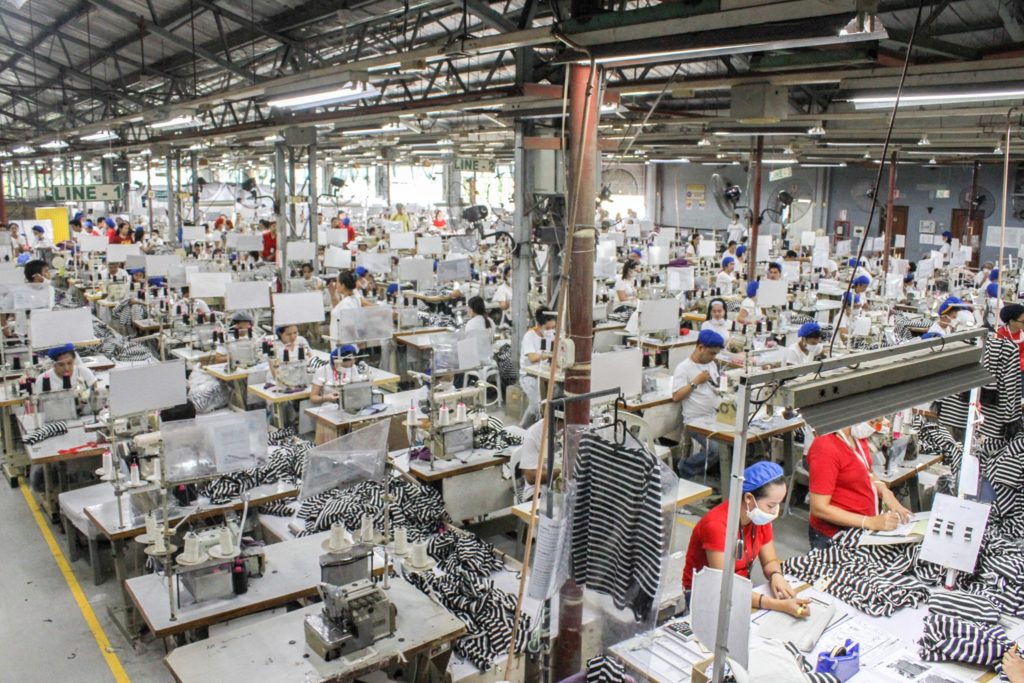
Photo courtesy of MEPZ Workers Alliance FB
CEBU CITY, Philippines — Another round of layoffs in the Mactan Export Processing Zone (Mepz) in Lapu-Lapu City, Cebu led to over 300 workers losing their jobs, prompting labor groups here urging the government not to rely heavily on foreign investments.
At least 337 workers of an electronics solution provider in Mepz had been retrenched after its company shut down last September.
This development has alarmed Cebu-based labor group, AMA Sugbo-KMU, and called the government to prioritize national industrialization instead of relying on foreign investments to prevent similar layoffs from happening.
“This proves the urgent and significant need for national industrialization, including the long-standing demand for genuine land reform as programs the government should implement,” said Jaime Paglinawan, chair of AMA Sugbo-KMU.
The latest layoffs in Mepz followed just months after more than 4,500 garment workers had been axed from their jobs las May.
READ MORE
Livelihood orientation held for displaced MEPZ workers
MEPZ retrenchment alarms Lapu-Lapu City official
Based on data compiled by AMA Sugbo-KMU, a total of 17,334 employees at Mepz had been laid off since 2020 due to various reasons — ranging from companies shutting down to downsizing and restructuring.
Most of them came from the garment-making industry.
In 2020, due to the pandemic, 4,420 workers lost their jobs. Two years later, another 4,000 had been fired.
Another garment company shut down in 2023, leading to the retrenchment of 4,000 employees. Then in May 2024, over 4,500 workers, also from the same industry, were laid off.
According to AMA Sugbo-KMU, this series of layoffs ‘shows the vulnerability of the economy, which relies solely on foreign investors.’
“The government’s policy, regardless of who is in Malacañang, continues to encourage foreign investors through low wages, flexible labor supported by contractualization, and restrictions on workers’ rights to unionize by red-tagging those who organize as well as progressive unions,” said Paglinawan.

